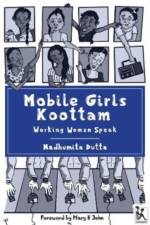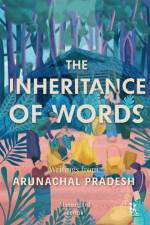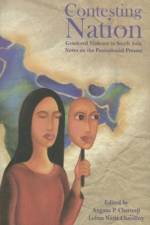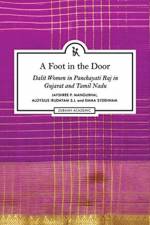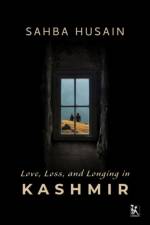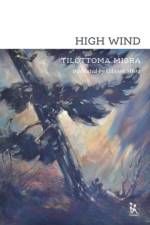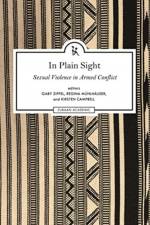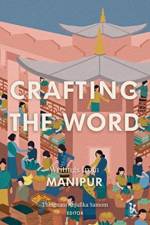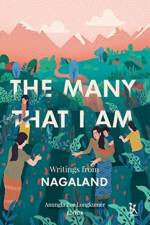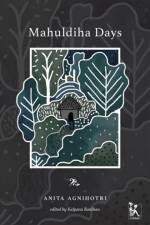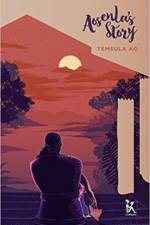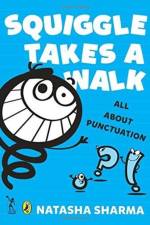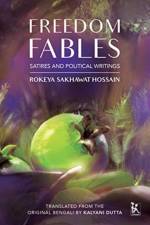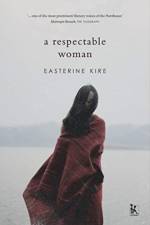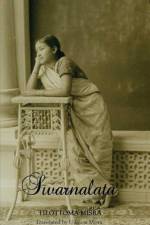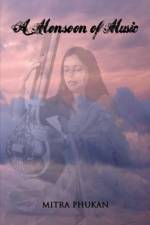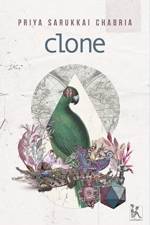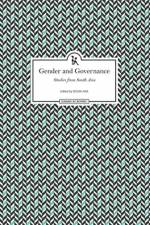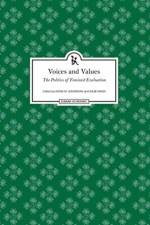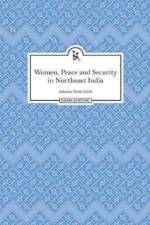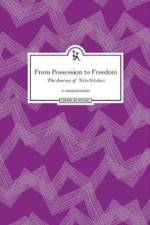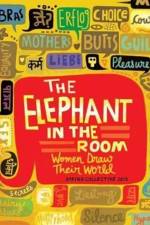av Madhumita Dutta
197
A humorous chronicle that explores contemporary media in the lives of Indian working women. In 2013 Madhumita Dutta, a doctoral student, went to do research in Kancheepuram district, Tamil Nadu. There she met Kalpana, Abhinaya, Satya, Lakshmi, and Pooja--all women working inside an electronics factory. In the women's rented room, they would gather regularly over the next year, drinking tea, chatting, and producing a radio podcast: Mobile Girls Koottam. Challenging what theorization and research can be, Mobile Girls Koottam offers us a look into the complex lives of young rural migrant women in their own words and invites us to engage in a process of learning and unlearning and to interrogate our own privileges as we imagine the life-worlds of working-class women. Consisting of transcripts from the titular radio podcast, this book brings to the page conversations between the five women, Madhumita, and her interpreter, Sam. The group speaks of their lives as working-class women, the nature of their work, and their dreams, each from her own unique and nuanced perspective. What results are playful, joyous, angry, and thoughtful discussions on diverse topics like tea stalls for women, factory work, menstruation, and much more, made all the more lively through illustrations by Madhushree Basu.

